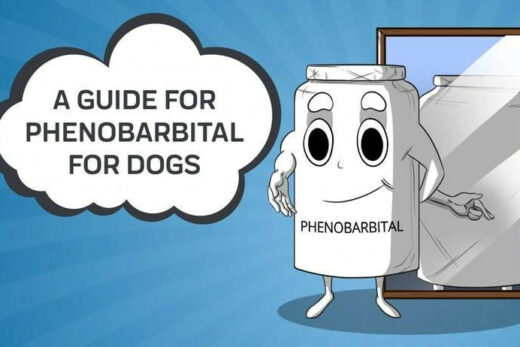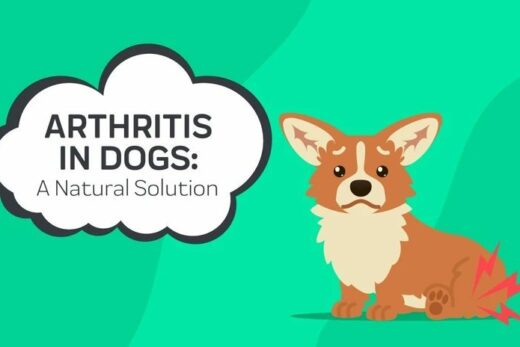Dental hygiene is essential for maintaining dogs’ health and wellness. It is surprising how often dental hygiene is overlooked by dog owners. And by the time you notice your four-legged friend is having problems, the damage has already been done. You’re going to need to take a much more hands-on approach with your canine’s teeth if you want to ensure they stay healthy. Issues with their dental health not only affect their teeth and gums but also their digestion and immune system as well. Maintaining a consistent dental regimen can have far-reaching benefits that extend beyond what happens in their mouth. In this article, we’ll cover everything you need to know about your dog’s dental health as well as when you should contact your vet.
Why You Need to Brush Your Dog’s Teeth
Brushing your dog’s teeth isn’t always as simple as it may seem. But it’s imperative that you keep their mouth clean and healthy, so they don’t endure any dental problems down the road. Veterinarians state that more than 80% of dogs they see over the age of three have some form of active dental disease. We’ll go through some of the major difficulties that might develop when you put your dog’s dental care on the back burner.
Bad Breath
Not as serious as some of the other issues that can arise, bad canine breath can still be problematic nonetheless. Sometimes this can simply be from something disgusting they’ve eaten. Other times it is caused by bacteria that reside in your dog’s infected gums and tooth tissue. This odor is usually a sign of some underlying progressive dental disease that you’ll want to have looked at by your local vet.

Plaque and Tartar Buildup
Tartar and plaque buildup might start in the mouth, but if not properly taken care of and removed, it can easily transfer to other parts of the body. This is where it can cause blockages and build-up leading to more serious problems. Plaque is created when their saliva is combined with food particles and bacteria inside their mouth. When this goes untreated, it becomes tartar which will then lead to gum disease, decay, amongst other possible ongoing dental issues.





